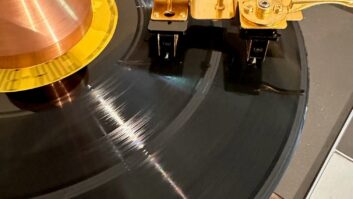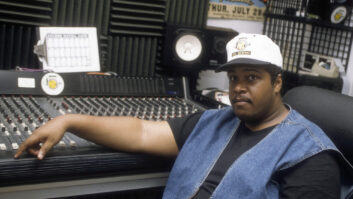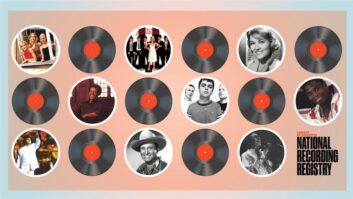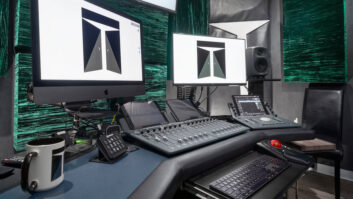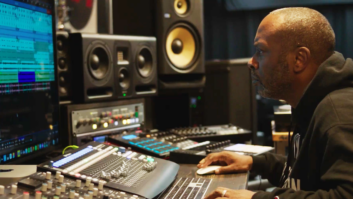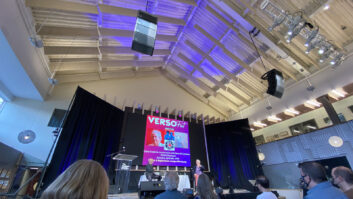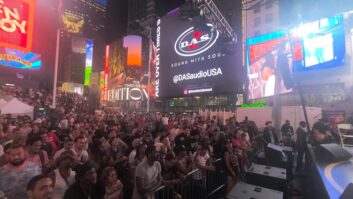Washington, DC (April 29, 2020)—The Library of Congress is encouraging the public to make hip hop music with material drawn from some of its audio and moving image collections through Citizen DJ, a project available on the organization’s LC Labs website.
The project, developed by 2020 innovator-in-residence Brian Foo, is scheduled for a summer 2020 launch and is now available in a preview. The experimentation work of LC Labs is part of a digital transformation of the Library of Congress intended to more widely share its collections in new and innovative ways. The expectation is that listeners will be able to discover materials in the library’s collections they were not previously aware of through hearing samples in the new hip hop tracks.
Mr. Rogers, Dr. Dre, Village People Added to National Recording Registry
Citizen DJ will offer three user-friendly ways of accessing the sounds: an interface for exploring a particular collection by sound and metadata; a music creation app that enables users to remix collections with beats; and as downloadable sample packs suitable to use with most music production software. The preview offers samples from the library’s archives of music, spoken word, interviews, oral histories and government films, including the early motion pictures and sound recordings of the Edison Companies and the Center for Applied Linguistics Collection documenting North American English dialects.
Foo, a data visualization artist at the American Museum of Natural History who was previously at the New York Public Library, has created the Citizen DJ project as a way to revive the “golden age of hip hop” during the late 1980s and early 1990s. According to Foo, “This small window of time produced landmark albums such as Public Enemy’s Fear of a Black Planet and De La Soul’s 3 Feet High & Rising, both considered to be culturally significant and selected for preservation in the National Recording Registry at the Library of Congress. These albums were dense and intricate sonic collages composed of hundreds of found sounds.”
Copyright lawsuits had largely put an end to collage-based music by the end of that period by restricting the use of samples, he notes. “Today, collage-based hip hop as it existed in the golden age is largely a lost (or at best, a prohibitively expensive) artform. I believe if there was a simple way to discover, access, and use public domain audio and video material for music making, a new generation of hip hop artists and producers can maximize their creativity, invent new sounds, and connect listeners to materials, cultures, and sonic history that might otherwise be hidden from public ears.”
Library of Congress LC Labs • https://labs.loc.gov

